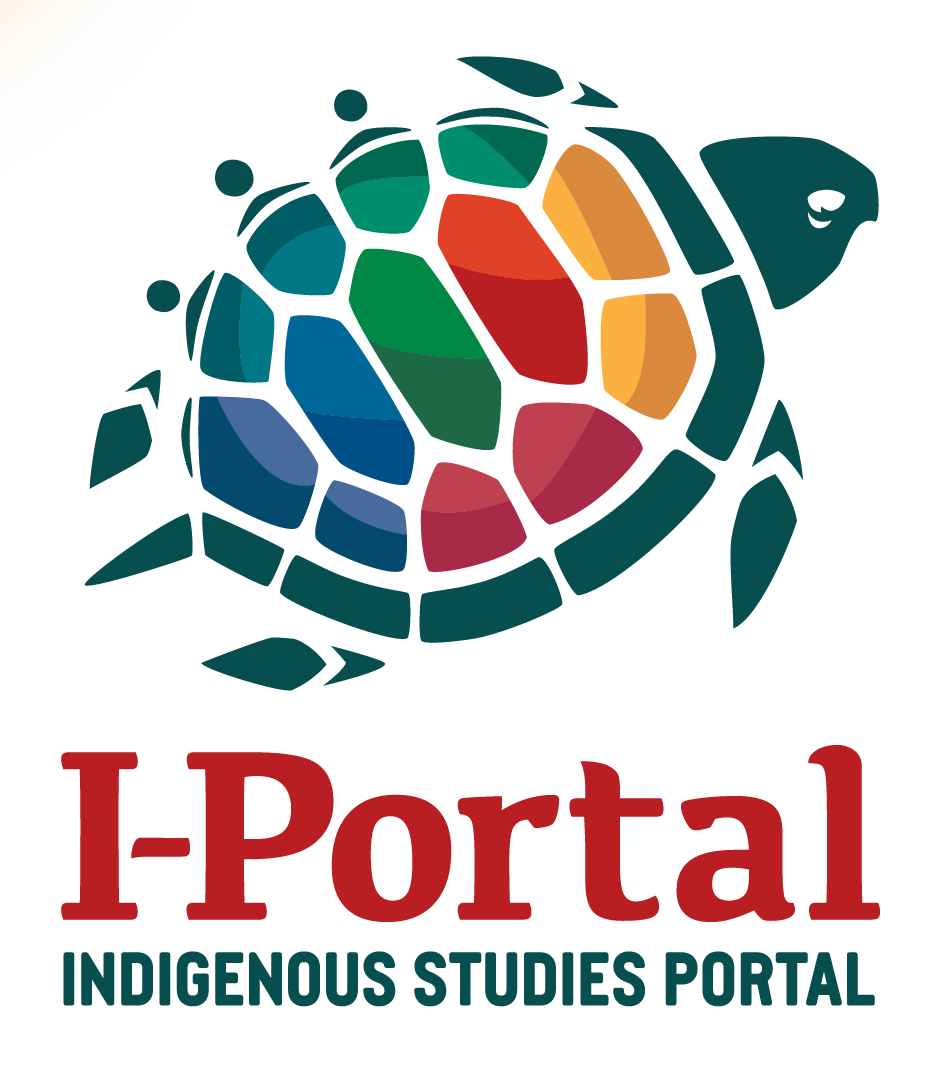Lucchesi, Annita Hetoevėhotohke'e
Annita Sophia Lucchesi, Annita Hetoevėhotohke'e Lucchesi, Annita Lucchesi
I-Portal Content
Mapping Geographies of Violence Against Indigenous Peoples & for Self-Determined, Safe Indigenous Futurities
Theses
Author/Creator
Annita Sophia Lucchesi
Description
Georgraphy Thesis (PhD) -- University of Arizona, 2023.
“Indians Don't Make Maps”: Indigenous Cartographic Traditions and Innovations
Articles » Scholarly, peer reviewed
Author/Creator
Annita Hetoevėhotohke'e Lucchesi
American Indian Culture and Research Journal , vol. 42, no. 3, Native Narratives of Indigenous History and Culture, 2018, pp. 11-26
Description
Engages the works and practices of Indigenous mapmakers throughout history; highlights the issues of nation, state, relationship to the land, resistance to colonial occupation, and epistemology; asserts technological and theoretical contributions of Indigenous cartographers; calls for an increase for cartographic training in Indigenous communities.
A Nationwide Data Crisis: Missing and Murdered Indigenous Women and Girls
Media » Film and Video
Author/Creator
Annita Lucchesi
Description
Webinar focusing on research conducted by the Urban Indian Health Institute to develop a database regarding missing and murdered Indigenous women and girls, key findings from the initiative, and future directions.
Duration: 50:56.
For Ashley, Wayne, and Shayanna: Supporting Tribal College Students and Addressing Abuse
Articles » General
Author/Creator
Annita Hetoevehotohke'e Lucchesi
Tribal College Journal of American Indian Higher Education , vol. 30, no. 4, Tribal College Women, Summer, May 5, 2019, p. [?]
Description
In this article a teacher at Blackfeet Community College uses her memories of teaching Ashley Loring HeavyRunner, Wayne Many Guns, and Shayanna England (three students) to discuss the issues of violence, MMIW and their prevalence for tribal college and university (TCU) students. Author calls on colleges and their funding bodies to provide extended supports to their students.
Indigenous Trauma Is Not a Frontier: Breaking Free from Colonial Economies of Trauma and Responding to Trafficking, Disappearances, and Deaths of Indigenous Women and Girls
Articles » Scholarly, peer reviewed
Author/Creator
Annita Hetoevėhotohke’e Lucchesi
American Indian Culture and Research Journal, vol. 43, no. 3, Indigeneity, Feminism, Activism, 2019, pp. 55-68
Description
Reflecting on her own personal experiences, the author challenges the popular stereotype of voiceless traumatized Indigenous females that is perpetuated by the media, academia and even Indigenous advocacy groups. She asserts that Indigenous women survivors can be empowered as a healing force for others.
Mapping Geographies of Canadian Colonial Occupation: Pathway Analysis of Murdered Indigenous Women and Girls
Articles » Scholarly, peer reviewed
Author/Creator
Annita Hetoevėhotohke'e Lucchesi
Gender, Place & Culture, vol. 26, no. 6, 2019, pp. 868-887
Description
Uses life course analysis of four women to explore linkages between relationships to the land, colonialism and intergenerational violence, and argues that rather than putting themselves at risk as is popularly perceived, they find themselves subjected to circumstances created and maintained by the Canadian state which make them vulnerable to perpetrators of violence.
Missing and Murdered Indigenous Women & Girls: A Snapshot of Data from 71 Urban Cities in the United States
Documents & Presentations
Author/Creator
Anitta Lucchesi
Abigail Echo-Hawk
Centre for Vicitm Research, 2018, pp. 1-30
Description
A report that discusses the mainstream media's coverage and the response by the law enforcement agencies to murdered and missing Indigenous females in American cities.
Spirit-Based Research: A Tactic for Surviving Trauma in Decolonizing Research
Articles » Scholarly, peer reviewed
Author/Creator
Annita Hetoevėhotohke'e Lucchesi
Journal of Indigenous Research, vol. 7, no. 1, Missing and Murdered Indigenous Women, 2017, pp. 1-4
Description
Looks at the mental and emotional toll of trauma-based research for Indigenous researchers and provides a pathway for copying.
